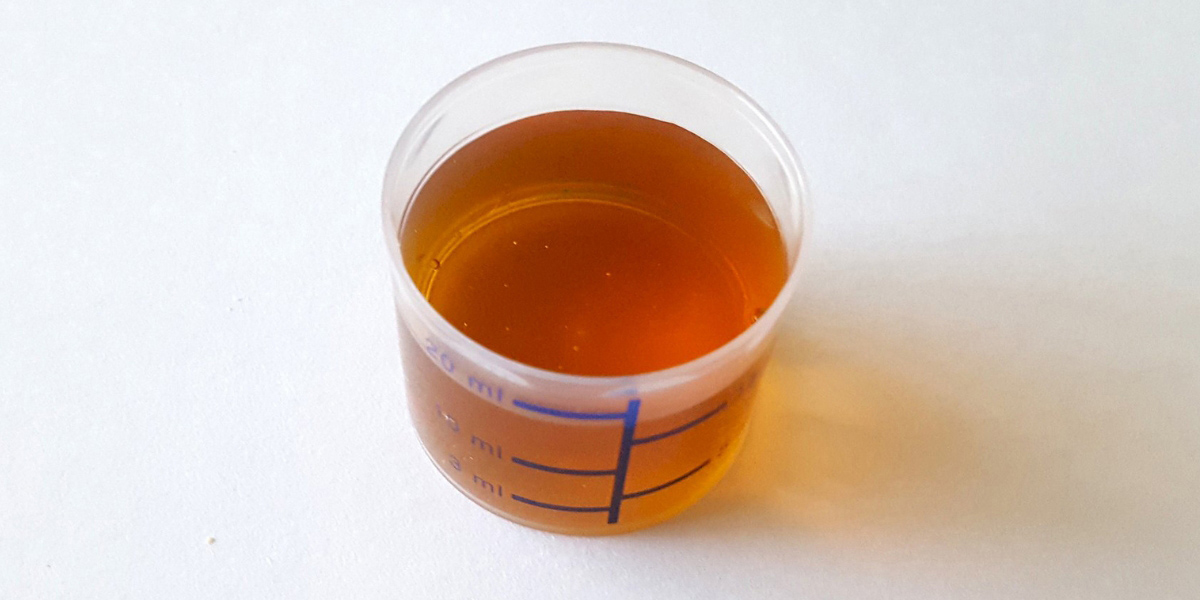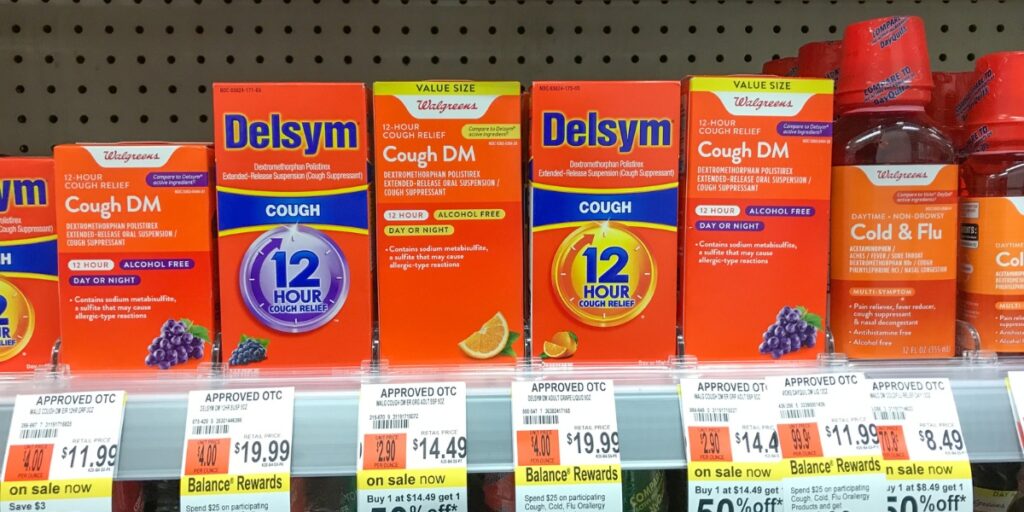Dextromethorphan (DXM) Abuse

DXM misuse regularly includes using powerful cough medicine like syrups, pills, or tablets. According to the National Institute on Drug Abuse (NIDA), DXM abuse can result in numerous outcomes, ranging from mild stimulation and euphoria to a kingdom of intoxication, much like alcohol. However, excessive use of DXM can lead to panic, hallucinations, paranoia, and competitive behavior.
What Is DXM?
Dextromethorphan, or DXM, is notably used as a cough suppressant. It is broadly found in over 140 non-prescription cough and cold medicines carefully formulated to alleviate flu-like symptoms. It is usually added in cough syrups and regularly blended with different remedies like acetaminophen for body ache comfort, decongestants for cough relief, and antihistamines for allergic reaction control.
DXM has various street names, which include:
- CCC
- Triple C
- Dex
- Skittles
- Poor man’s PCP
- Red devils
- Velvet

Effects of DXM
The effects of DXM include euphoria, visible hallucinations, extreme paranoia, delusions, and a sense of being disconnected, experiencing a trance-like state. While DXM is not categorized as a controlled substance, consuming it in large doses can produce negative effects similar to PCP and ketamine.
The effects of DXM can vary depending on the dosage taken. Its behavioral effects can be categorized into three dose ranges:
- Taking 100-200 mg of DXM typically results in mild stimulation
- Consuming 200-400 mg of DXM can lead to feelings of euphoria and disconnection
- Ingesting 300-1500 mg of DXM can lead to such as visual hallucinations, loss of motor coordination, and feeling detached from one’s body
DXM Abuse
Misusing DXM is commonly referred to as “Robo tripping,” which comes from the names of the products most frequently misused: Robitussin and Coricidin HBP.
Traditionally, DXM abuse involved consuming high doses of liquid cough syrups available over the counter. However, in recent times, there has been an increase in the misuse of DXM tablets and gel capsules due to their convenience, ease of consumption, and ability to be concealed, enabling users to continue their DXM use throughout the day.
While DXM abuse impacts people of all age groups, it is particularly concerning among teens and young adults. The accessibility of DXM as an over-the-counter remedy contributes to its misuse, amplified by websites providing instructions on ways to abuse it. Long-term abuse of DXM has been linked to numerous poor effects, which include mental problems, dependence, and addiction.
Side Effects of DXM Abuse
While DXM side effects are unusual, some people may experience the following:
- Nausea
- Stomach pain
- Drowsiness
- Dizziness
However, if DXM is abused in large amounts, it may lead to various mental and physical side effects, varying in severity.
At doses exceeding 4 MG, the most typical side effect is a feeling of euphoria or being “high,” often accompanied by the following symptoms:
- Confusion
- Slurred speech
- Blurred vision
- Aggression
- Anxiety
- Paranoia
- Hallucinations
- Fatigue
- Loss of balance
- Stomach cramps
- Nausea
- Vomiting
- Excessive sweating
- Elevated blood pressure
- Liver damage
In addition, misuse and addiction to DXM can lead to impulsive behaviors of aggression, such as suicide, assault, and homicide.

Can You Overdose on DXM?
Misusing DXM can cause an overdose. DXM raises serotonin levels in the body when blended with selective serotonin reuptake inhibitors (SSRIs) or monoamine oxidase inhibitors (MAOIs). The risk of immoderate serotonin inside the body increases, leading to serotonin syndrome, which can be fatal if left untreated.
Generally, DXM overdose does not usually cause medical complications or loss of life and can be managed with an emergency room visit. Treatment for an overdose commonly includes hydration and addressing the withdrawal signs of DXM associated with physical dependence on the drug. Withdrawal symptoms from dextromethorphan can cause fevers, seizures, and an increased heart rate.
Most DXM-related deaths occur when the drug is consumed with other substances like drugs and alcohol. DXM-related deaths commonly result from impaired judgment leading to accidents.
For example, the Drug Enforcement Administration (DEA) documented the case of a 14-year-old boy who abused DXM in 2003 and tragically died while he was struck by two vehicles attempting to cross a busy highway. The use of DXM is believed to have impacted the boy’s depth perception, resulting in him incorrectly gauging the speed and proximity of the cars coming toward him.
DXM Addiction Recovery
If you or someone you care about is struggling with DXM addiction or dependence, Northridge Addiction Treatment Center is here to offer assistance. We specialize in providing intensive and evidence-based care within our inpatient treatment center, offering a genuine opportunity to embrace a substance-free life.
At NATC, our dedicated team of experienced, licensed, and qualified professionals is equipped to diagnose and treat substance use disorders alongside co-occurring mental health issues through our comprehensive dual diagnosis treatment program.
Through individual therapy sessions and support groups, we foster accountability and empowerment, equipping you with coping skills to manage your mental health without relying on substances.
Our focus is on compassionate and patient-centered drug abuse treatment. Take the first step towards recovery by reaching out to NATC today.
Contact us now to begin your journey toward a healthier future.
Our caring treatment specialists are ready to provide the support you need.
Find Meaningful Recovery
Our caring and compassionate specialists are eager to help you comfortably navigate this journey to recovery. Our individualized treatment plan, programs, and therapies may be a perfect match for you or your loved one. Let us assist you in living the happy life you deserve. It starts with a phone call.




